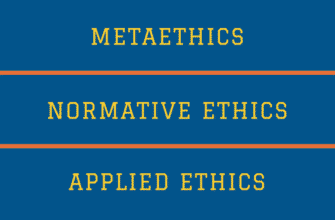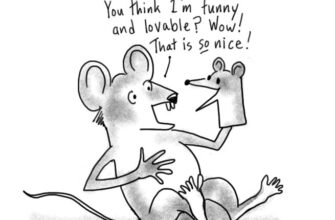In our study of the three-step process towards ethical maturity we’ve gone through the need to identify ethical concerns with moral sensitivity and selecting a course of action with moral judgment. Once a direction has been decided upon, it takes moral focus to follow through on it. Robin Quivers can demonstrate this for us.
Robin Ophelia Quivers is Howard Stern’s much-loved sidekick. Actually, the term “sidekick” sounds trite. As she describes it, “My attitude about the show was big-sisterly…I know who he really is – these silly things, these crass things, that’s not who he really is, and I’ve got to remind him who he really is.”
Robin is the moral motivation of the Howard Stern Show. She doesn’t stop the craziness (that would be impossible), but she gives it perspective and reminds the audience that yes, this is bizarre. In her 30+ years on the show, it would have been easy to become desensitized to the disturbing things she has witnessed. Instead, Robin has maintained her moral focus between “regular person normal” and “Howard Stern normal.”
This third step is the most difficult for leaders. We understand the difference between right and wrong and we know what needs to get done to correct it, but only a leader with confidence in themselves and their abilities will sustain their moral compass without feeling the need to justify actions. This is not always easy.
How many leaders know the ethical way to do something, but choose the easier approach? They keep the tyrannical salesman because he brings in clients. Meanwhile, the damage that the salesman is doing to the rest of the team is rationalized and discarded. The message becomes that if you perform, you can do and say whatever you want. With that salesman gone, the team will step up and take the initiative that he never allowed them to take before. The team will be more motivated to perform, more devoted to the organization, and more loyal to the leader who has displayed the moral fortitude to carry through on the moral judgment.
Additionally, leaders can improve their moral judgment and those of their team by setting clear guidelines to identify the activities that are acceptable and enforcing consequences for violations. Whether it is in the form of a formal Code of Ethics or discussed as a team, the leader needs to make well-defined expectations that are easy to understand and follow.
Once the guidelines are in place, training needs to be provided to team members. This will increase their awareness of the ethical aspects of their job. Besides reviewing the rules, participants should practice common scenarios, role play, and be aware of the steps to take when they encounter an ethical issue.
Howard Stern and his co-conspirators may not be everyone’s ideal picture of ethics, but the lessons are pertinent, nonetheless. Like all of us, they continue to grow and learn. Experience teaches us to identify ethical issues and better ways to react. This experience builds confidence that provides the esteem needed to do what needs to be done.
This is the final in a four part series on ethical maturity. For the other chapters, check out:
1/ Howard Stern on Ethical Maturity
2/ Fred Norris on Moral Sensitivity
3/ Gary “Baba Booey” Dell’Abate on Moral Judgments







